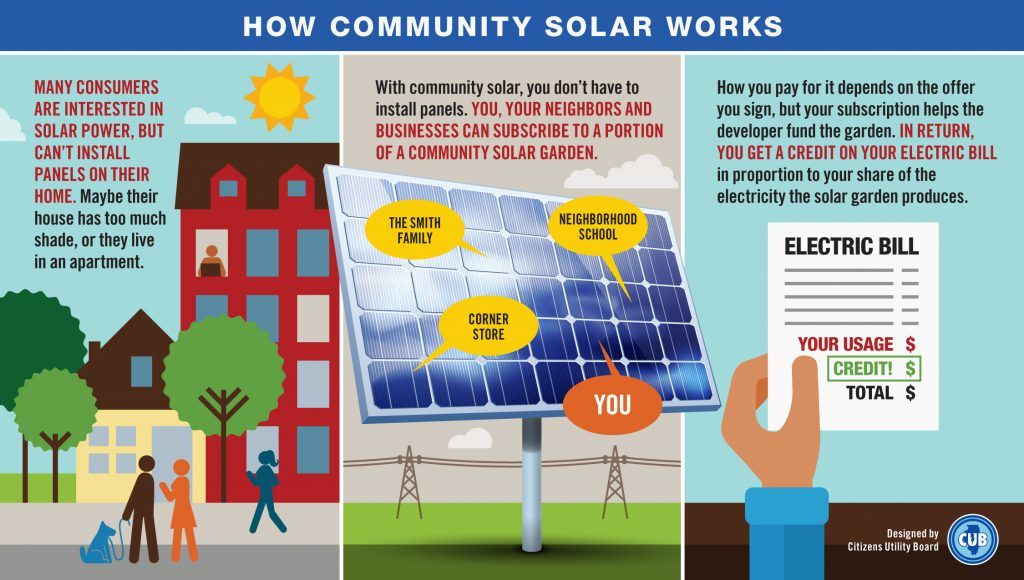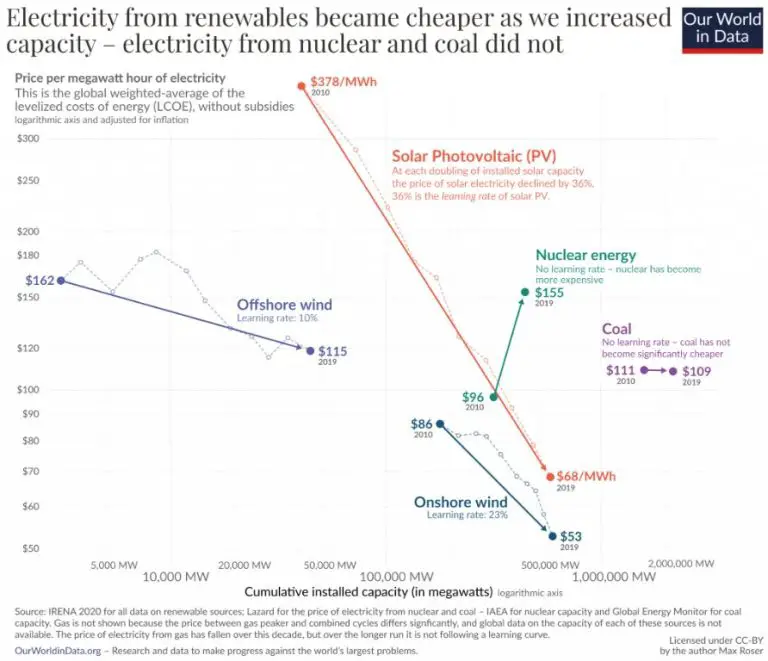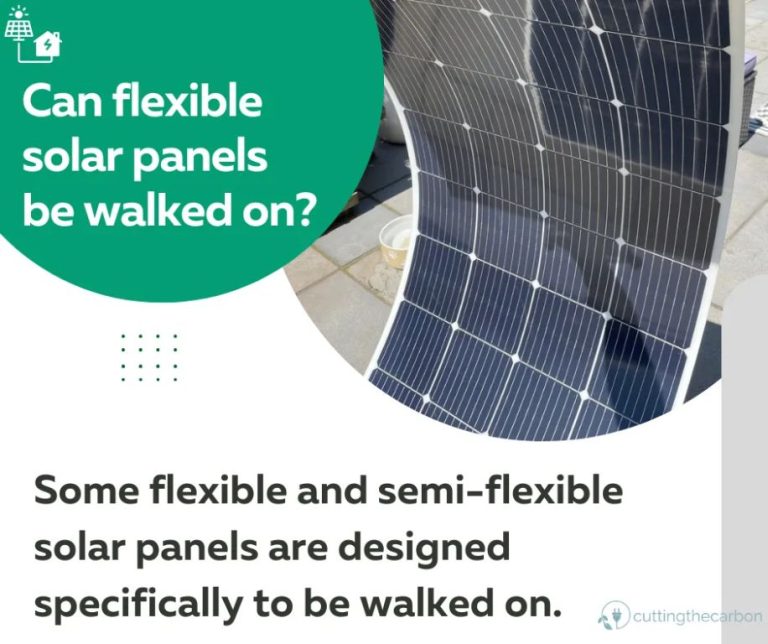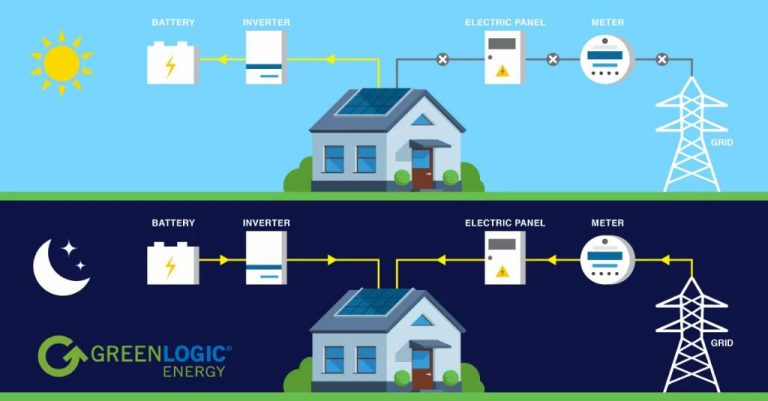What Is Nautilus Community Solar?
What is Nautilus community solar?
Nautilus community solar is a shared solar program that allows customers to subscribe to a portion of a large, centralized solar array located within their electric utility service territory (https://www.energy.gov/eere/solar/community-solar-basics). By subscribing, customers receive credits on their electricity bills for their portion of the power produced by the solar installation (https://www.seia.org/initiatives/community-solar).
Nautilus builds, owns and operates the solar arrays, handling all maintenance and upkeep. Electricity generated from the solar panels flows into the local utility grid. Subscribers receive monthly credits on their electricity bills based on the amount of solar power produced by their portion of the array.
The benefits of Nautilus community solar include cost savings on your electricity bill, supporting clean renewable energy, and no rooftop solar panel installation or maintenance required. Community solar makes solar power accessible to renters, condo owners, and those whose roof isn’t suitable for solar panels.
How does Nautilus community solar work?
Nautilus community solar works by building large solar farms that generate electricity. This electricity is then fed into the local utility grid. Households and businesses in that area can subscribe to the community solar farm to receive credits on their electricity bill for their portion of the solar energy produced (Nautilus Solar).
To participate, customers sign up for a subscription through Nautilus Solar and pay either an upfront fee or monthly subscription cost. In return, they receive credits on their electricity bill for their portion of the solar energy produced by the community solar farm. The utility company still delivers their electricity, but their bill is offset by the credit from the community solar subscription (Nautilus Solar).
The bill credits work by essentially selling the solar energy produced to the utility. For every 1 kWh of solar energy produced, 1 kWh is credited on the subscriber’s bill. This directly offsets their electricity purchase from the utility. Subscribers save money as the credit rate per kWh is lower than the retail electricity rate from the utility (Nautilus Solar).
By subscribing to a community solar farm through Nautilus Solar, customers can go solar and support renewable energy without installing rooftop panels. The community solar farm enables collective sharing of solar energy production. Nautilus handles the installation and maintenance, while subscribers receive guaranteed monthly credits on their electricity bill for their portion of the solar energy produced.
What are the benefits of Nautilus community solar?
There are several key benefits to joining the Nautilus community solar program:
Cost savings – Subscribers can save 10-15% on their electricity bills by joining the program, according to Nautilus Solar (https://nautilussolar.com/blogs/cost-saving-benefits-of-community-solar). You receive credits on your electricity bill each month based on the amount of solar energy produced. This provides immediate savings without any upfront costs.
Sustainability – Community solar allows you to use clean, renewable solar energy without installing panels on your own roof. By subscribing, you support local solar facilities that provide renewable power to the grid. This reduces reliance on fossil fuels and carbon emissions.
Supporting local clean energy – The solar facilities are built locally by Nautilus Solar, so subscribing keeps energy dollars in the community. It also helps create local jobs in renewable energy.
Who is eligible for Nautilus community solar?
Nautilus community solar is available to residents in certain utility territories across the United States. Eligibility is not restricted based on homeownership or income requirements. Both homeowners and renters can subscribe to Nautilus community solar if they live in a served area and have an individual account with the local electric utility.
Specifically, Nautilus community solar is currently available in the following utility territories:
- Central Maine Power
- National Grid Rhode Island
- Eversource CT
- Delmarva Power DE
As long as you are a customer of one of those utility companies, pay an individual electric bill (no group or master meter accounts), and your home uses less than 25 kW of power, you are likely eligible to join the Nautilus community solar program in your area. There are no credit checks or income requirements.
Nautilus community solar makes clean solar energy accessible to all customers in a utility territory, regardless of homeownership status or income level. Both homeowners and renters can subscribe to receive bill credits that reduce their electricity costs each month.
How to subscribe to Nautilus community solar
Signing up for Nautilus Community Solar is a quick and easy process that can be done entirely online. To get started, go to the Nautilus enrollment page at https://enroll.nautilussolar.com/ and enter your zip code to see if there is a community solar project available in your area.

After selecting an available project, you will need to enter some basic information including your name, address, email, phone number, and utility account number. Nautilus will verify that you are a customer of the utility associated with the community solar project.
Next, you will select your subscription amount which determines the percentage of the community solar project’s output that will be credited to your utility bill. Common subscription amounts are 25%, 50%, 75%, and 100% but you can select any amount up to 100%. Your subscription amount can be changed once per year.
That’s it! After reviewing and accepting the terms and conditions, your enrollment in the Nautilus Community Solar program will be complete. You will start receiving bill credits on your next utility bill.
How are bill credits calculated?
Nautilus Community Solar calculates bill credits based on the amount of electricity your subscribed portion of the solar array produces each month. The solar array connects directly to the grid, so whenever it generates electricity, that energy goes into the grid and gets counted towards credits on your utility bill.
The bill credit rate is determined by state regulations and the value of solar energy in that area. In general, subscribers receive a 1:1 credit on their bill for each kWh their share of the community solar array produces. So if your portion generates 100 kWh of electricity in a month, you’ll receive a $100 credit. The credit is calculated based on the retail rate you normally pay the utility, not any lower solar rate.
Credits are applied to your electricity bill after all other charges and taxes are calculated. The credit directly reduces the amount you owe that month. If your credit exceeds your total bill in any given month, the excess rolls over to apply to future bills. At the end of each year, any remaining balance is reset to zero. You don’t get paid out for excess credits.
Nautilus Community Solar provides clear monthly statements that make it easy to understand how your credits are calculated each billing cycle. You can track how much solar energy your subscription is producing and see how that translates into utility bill savings from month to month.
According to NautilusSolar.com, credits are applied to your bill after all other utility fees and taxes, directly reducing how much you owe for that month’s electricity usage.
What is the cost to subscribe?
One of the biggest benefits of Nautilus community solar is that there are no upfront costs to subscribe. Subscribers do not have to pay any fees or make any upfront payments to join the community solar program.
The ongoing subscription is also free. Nautilus community solar subscribers do not have to pay any monthly fees or recurring costs to stay enrolled in the program (Nautilus Solar FAQs). This makes community solar accessible to everyone, regardless of income level or credit score.
Subscribers will still pay their regular electricity bill to their utility provider every month. The difference is that by subscribing to community solar, subscribers will receive bill credits that reduce the electricity portion of their bill. This means the amount subscribers owe their utility company every month will be lower thanks to their community solar subscription (Nautilus Solar How to Save).
In summary, Nautilus community solar has no upfront costs and no ongoing subscription fees. It allows subscribers to reduce their electricity costs through bill credits, with zero out-of-pocket expenses.
What is the contract length?
Nautilus Community Solar does not require long-term contracts or annual commitments to participate. Subscriptions operate on a month-to-month basis, allowing subscribers flexibility to leave the program at any time without penalty. As stated on the Nautilus Solar website, “Subscriptions to Nautilus Community Solar are free and do not require an annual contract.” https://nautilussolar.com/blogs/is-community-solar-right-for-you-your-top-questions-answered
This month-to-month structure gives subscribers the freedom to cancel or change their subscription as needed. There are no early termination fees if you decide to unenroll. This distinguishes Nautilus from some other community solar programs that require long-term commitments of 5-20 years.
Can I leave the program?
One of the benefits of Nautilus community solar is flexibility. If you decide to move or want to leave the program for any reason, you have options:
Exiting the contract: Nautilus community solar subscriptions come with 20-year contracts. However, there are no penalties for leaving early. You can exit the contract at any time with 30 days notice.
Reselling your subscription: If you move within your utility service area, you can transfer your subscription to the new homeowner or tenant. This allows the community solar benefits to stay with the home. You can also resell your subscription to someone else in the service area through Nautilus’s reassignment list. Nautilus will help match sellers to interested buyers. This provides a seamless transition.
In summary, Nautilus community solar gives you flexibility to exit the program or transfer your subscription if your situation changes. There are no early termination fees, so you have peace of mind to leave when needed.
Nautilus Community Solar Compared to Rooftop Solar
Both community solar and rooftop solar have their advantages and disadvantages. Here are some of the key pros and cons of each model:
Pros of Community Solar
According to EnergySage, some benefits of community solar include:
- Access solar energy without installing panels on your own roof
- No maintenance, repairs or monitoring required by the subscriber
- Often a lower upfront cost than rooftop solar
- Can switch utility providers without losing solar benefits
Community solar opens up solar energy to renters, people with shaded roofs, and those who can’t afford or don’t want rooftop panels, as noted by CNET.
Pros of Rooftop Solar
Some advantages of rooftop solar panels over community solar include:
- Full offset of home energy usage with optimized system design
- Maximize savings by consuming your own solar energy production
- Customizable system sizes to match energy needs
- Can add battery storage for backup power
For homeowners with viable rooftop space, rooftop solar provides maximum on-site energy generation, as Arka360 notes.
Cons of Community Solar
Some potential downsides of community solar include:
- Savings not as significant as rooftop solar in some cases
- Relies on credits from offsite system, so harder to monitor
- Locked into lease terms, can’t relocate panels
- Less control over system specifications and production
Community solar subscribers don’t get the full offset of on-site generation like rooftop solar owners do.
Cons of Rooftop Solar
Some drawbacks of rooftop solar compared to community solar are:
- High upfront installation cost for homeowners
- Ongoing maintenance and repairs required
- Limited to homeowners with unshaded south-facing roof space
- Can’t take panels if you move, so less flexibility
For those who can’t install rooftop panels, community solar opens up solar access at a lower cost, as CNET explains.






